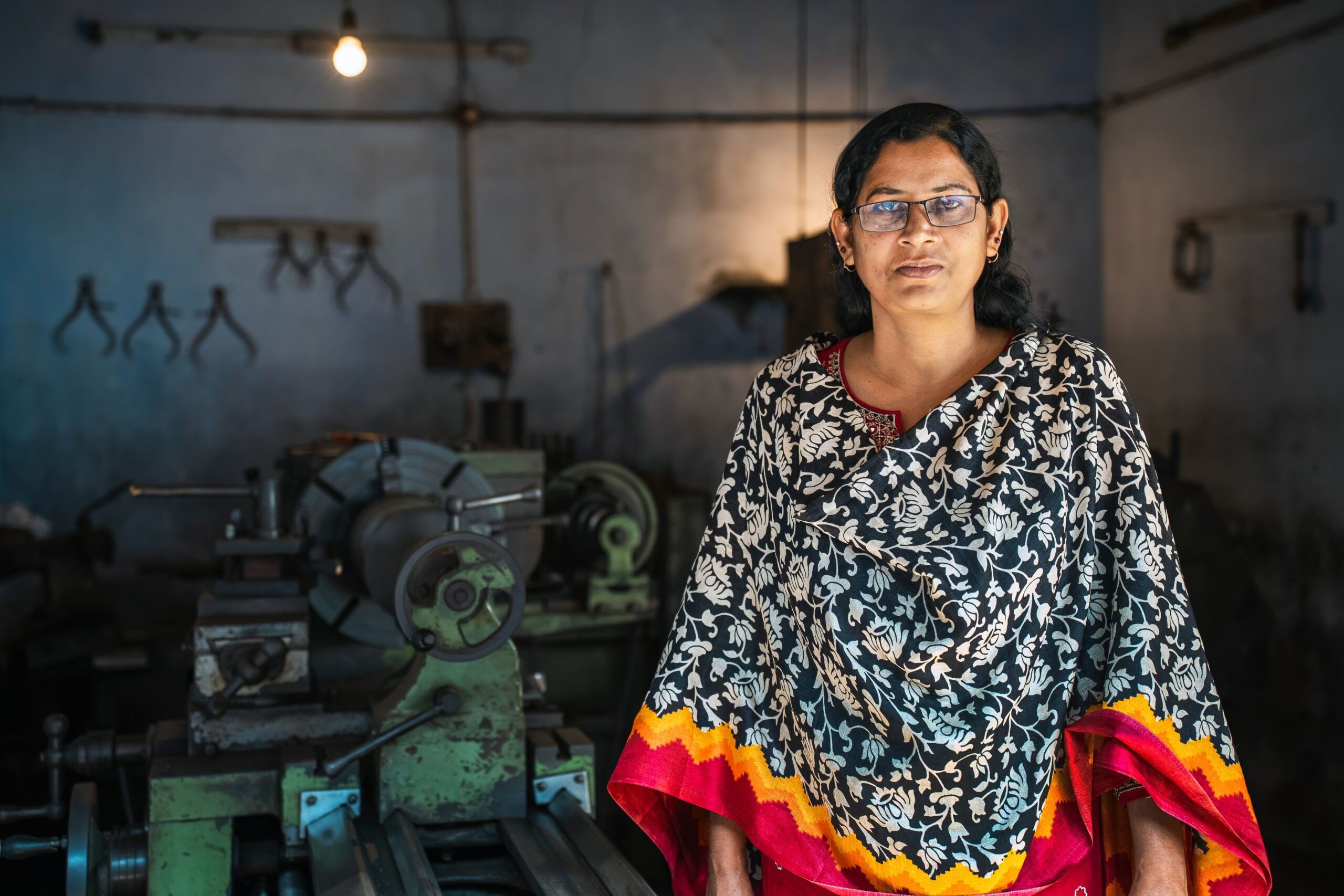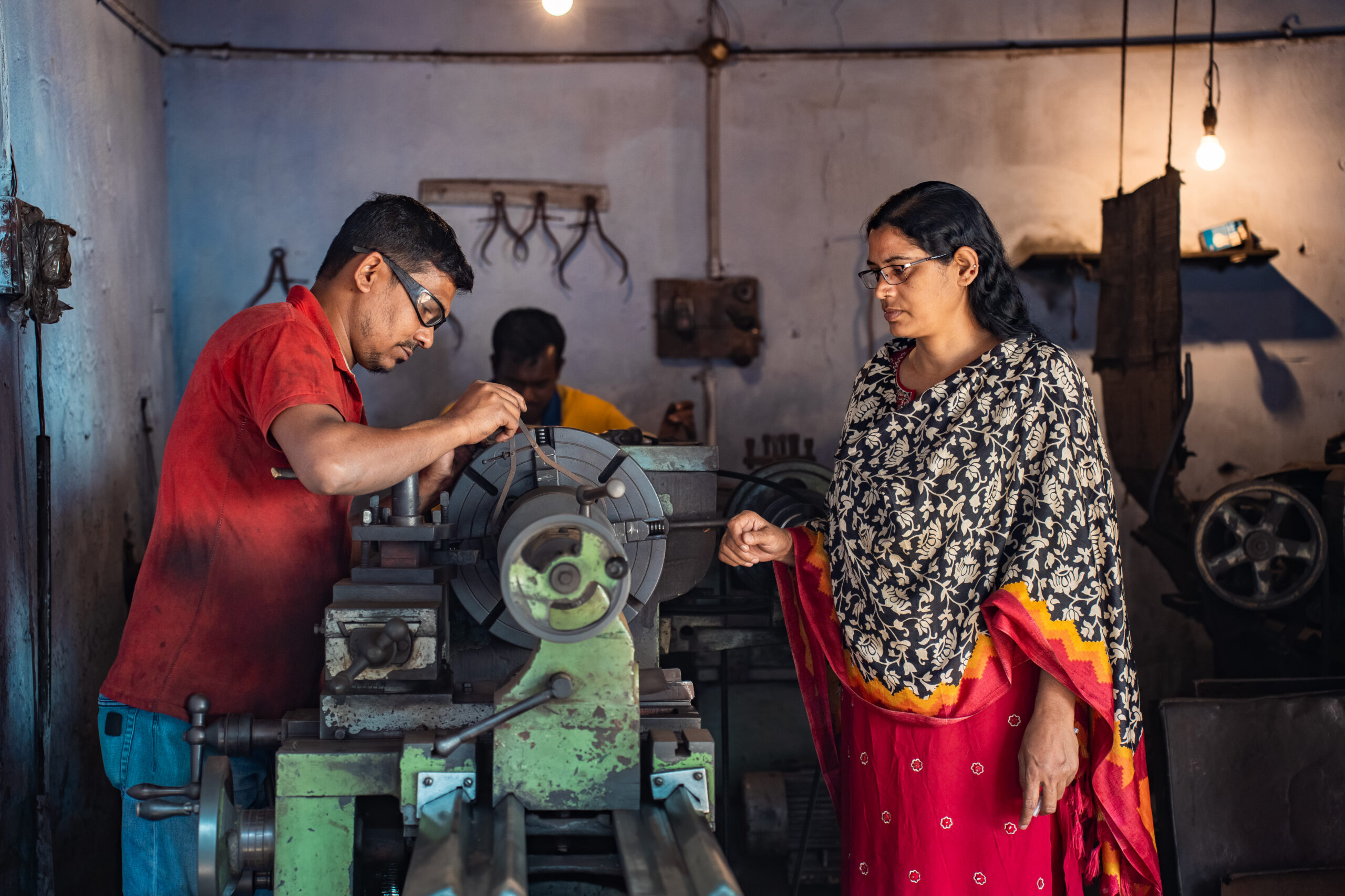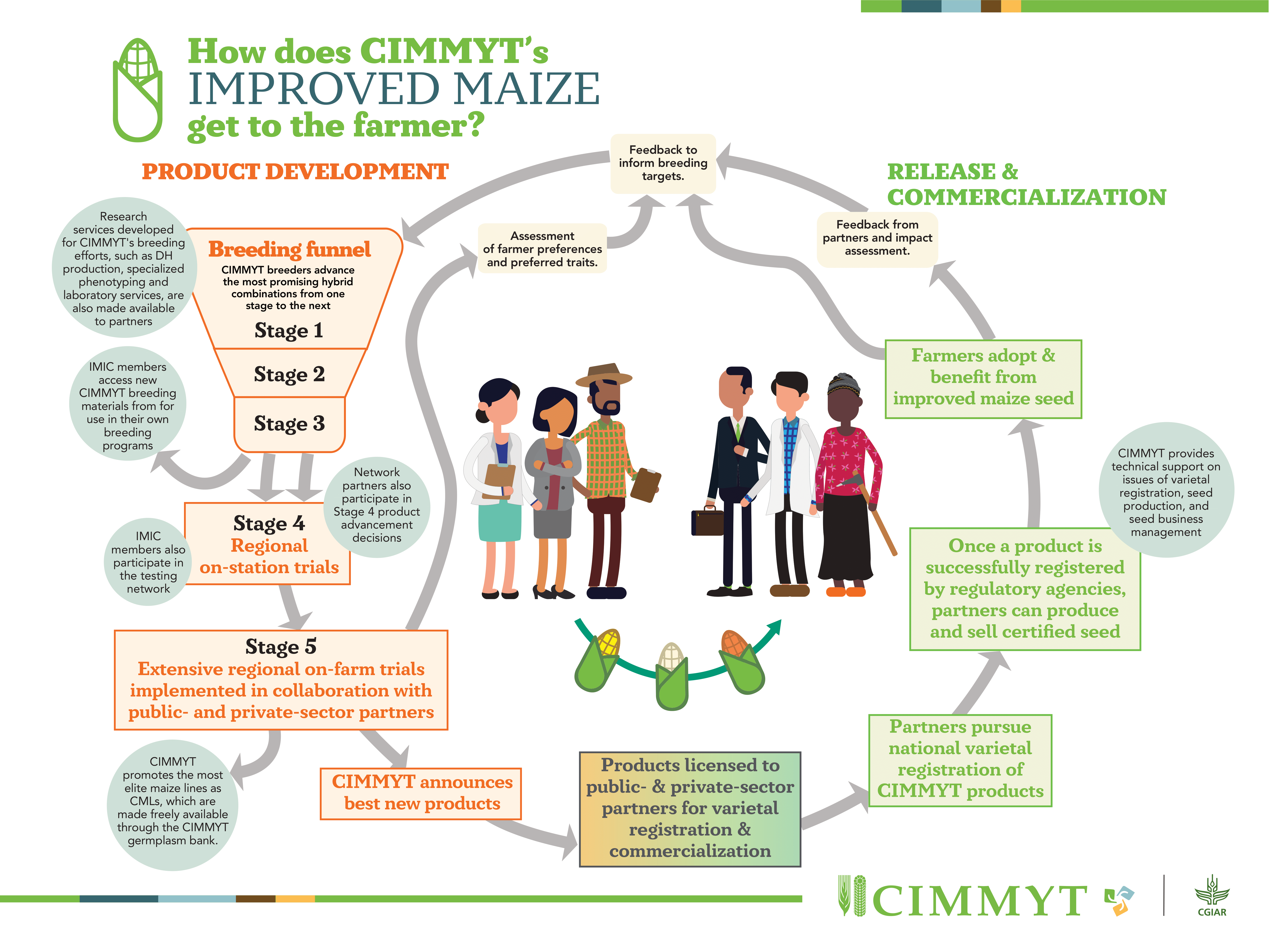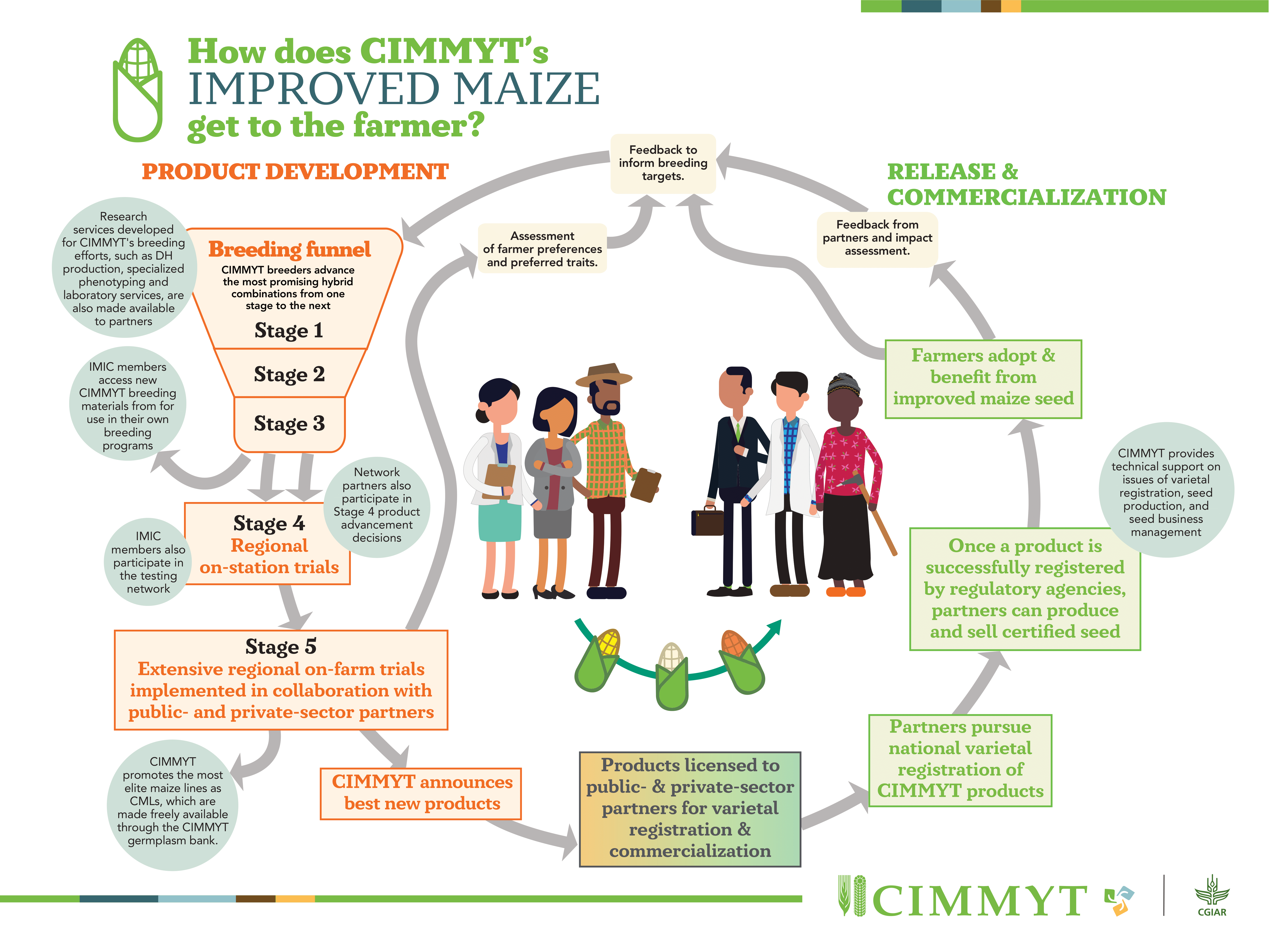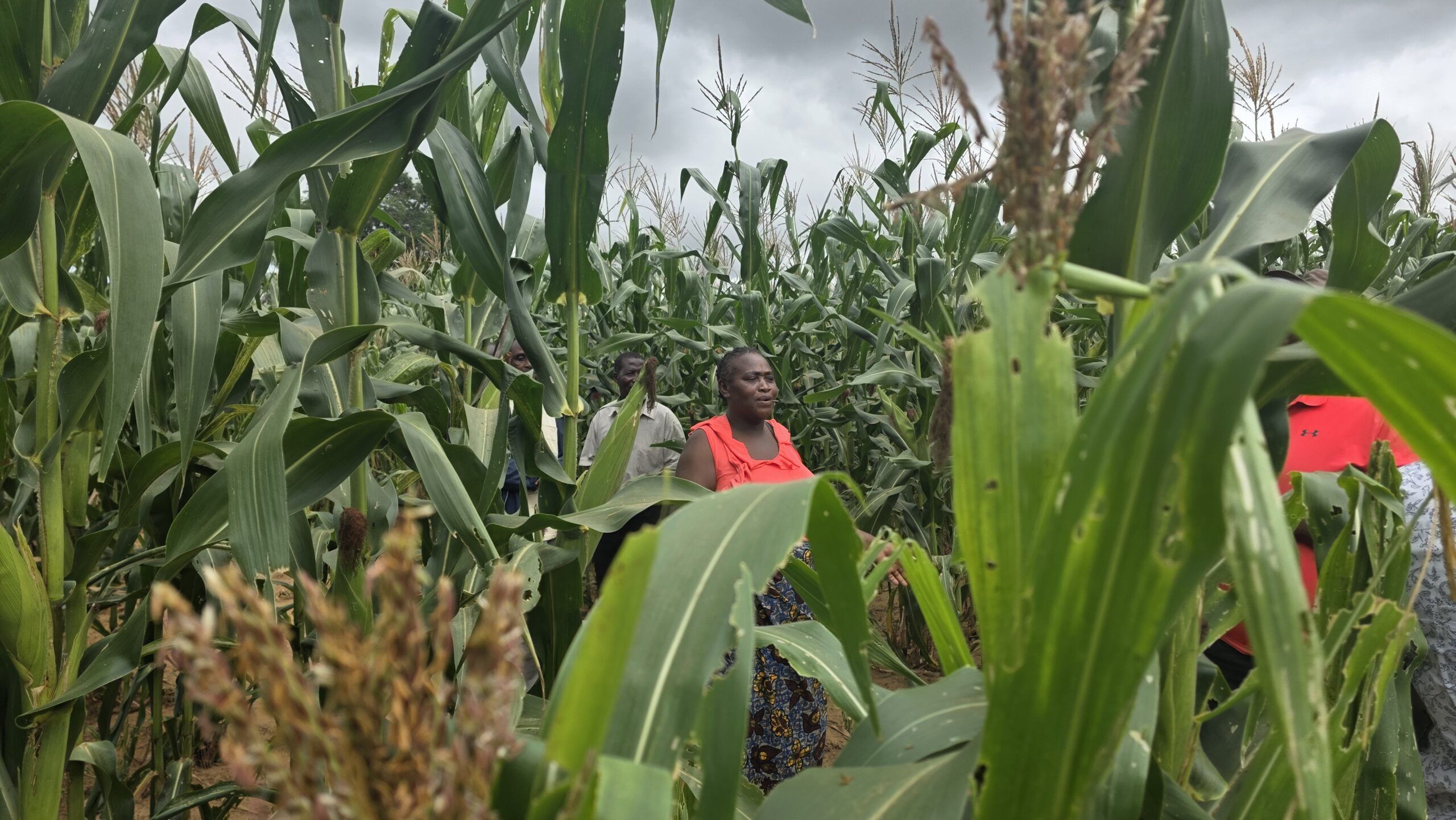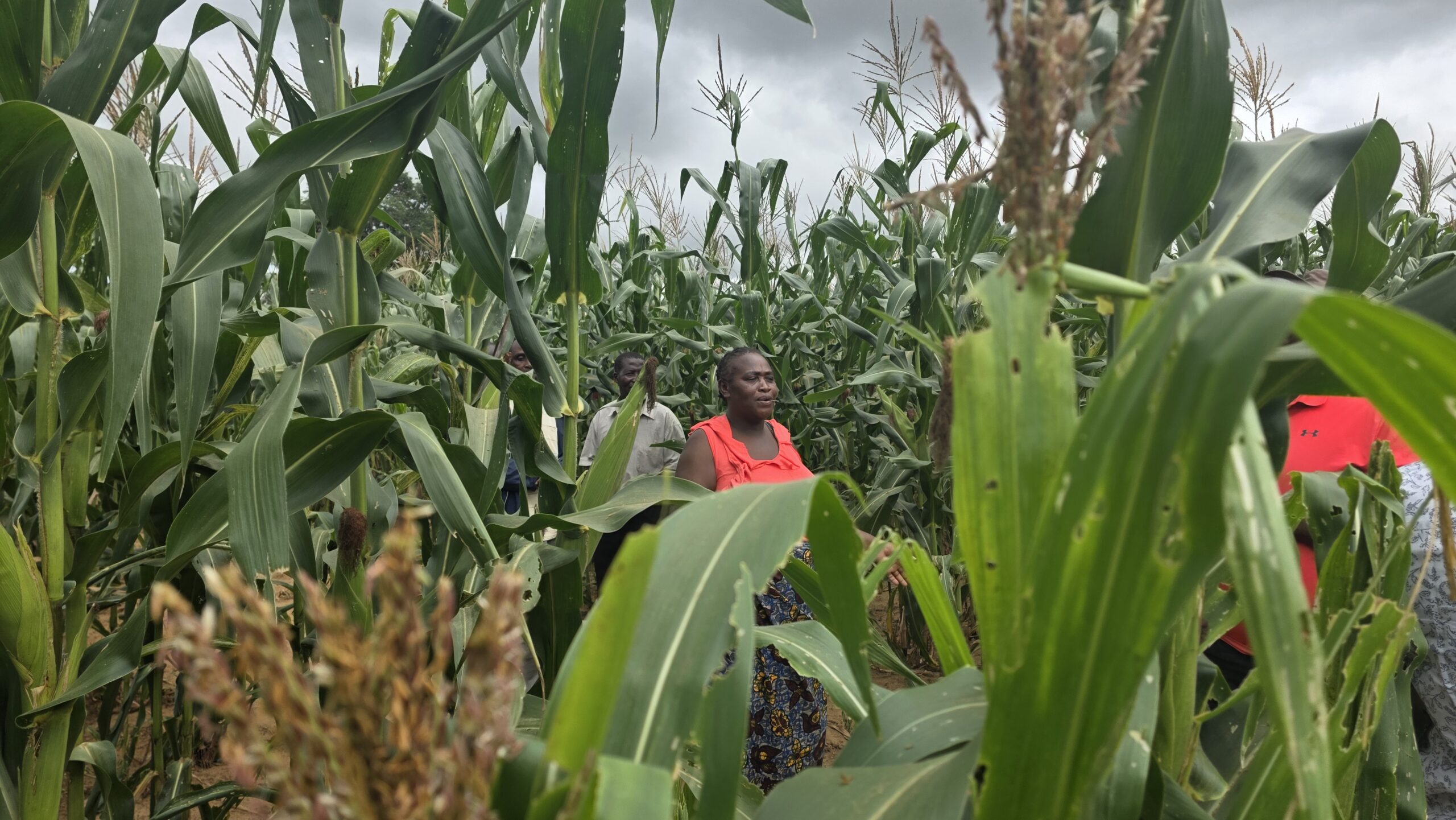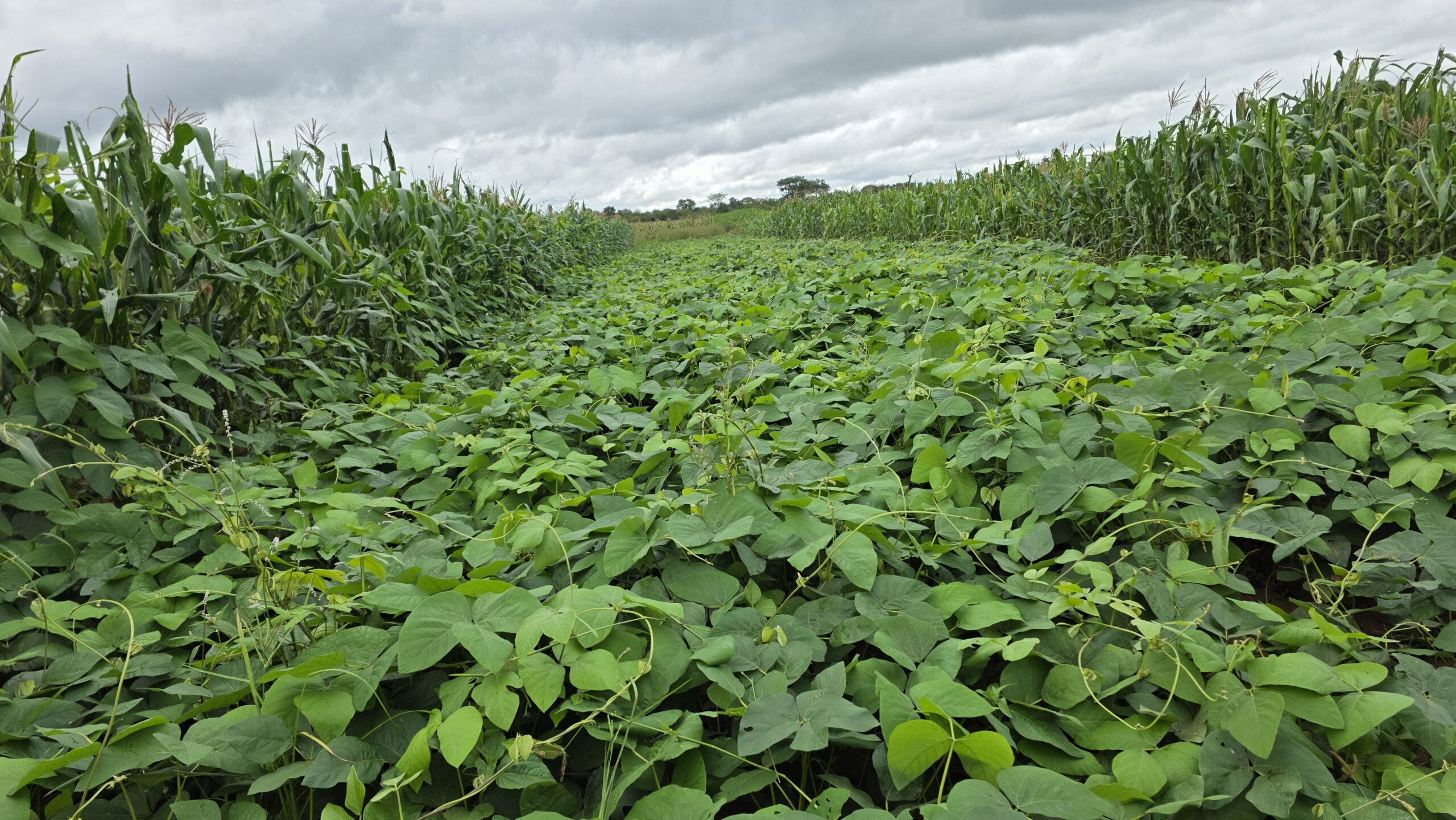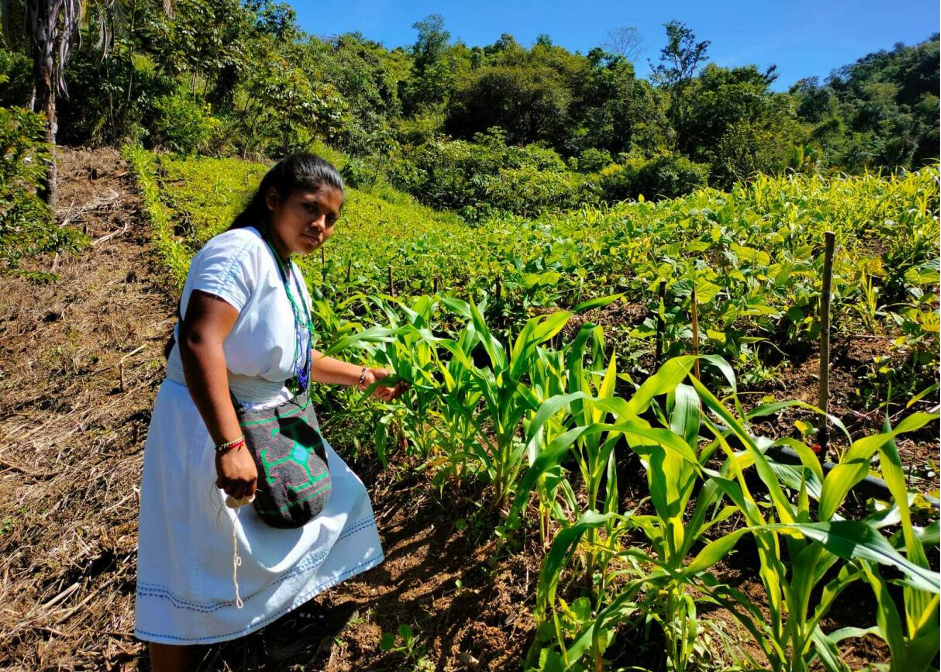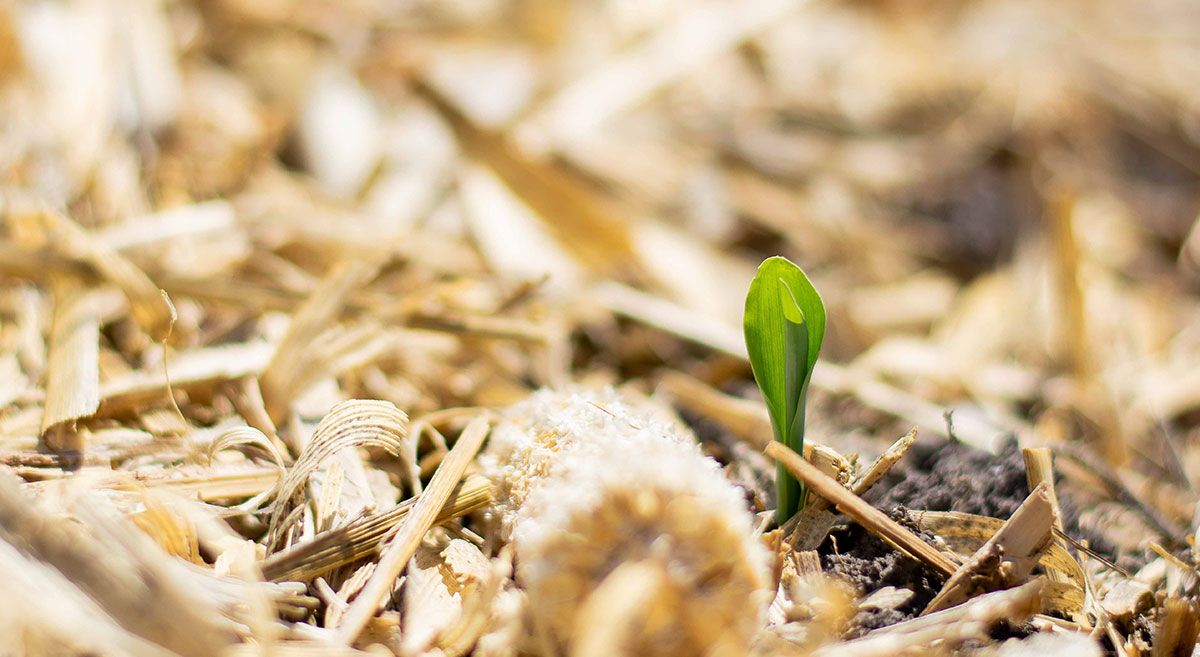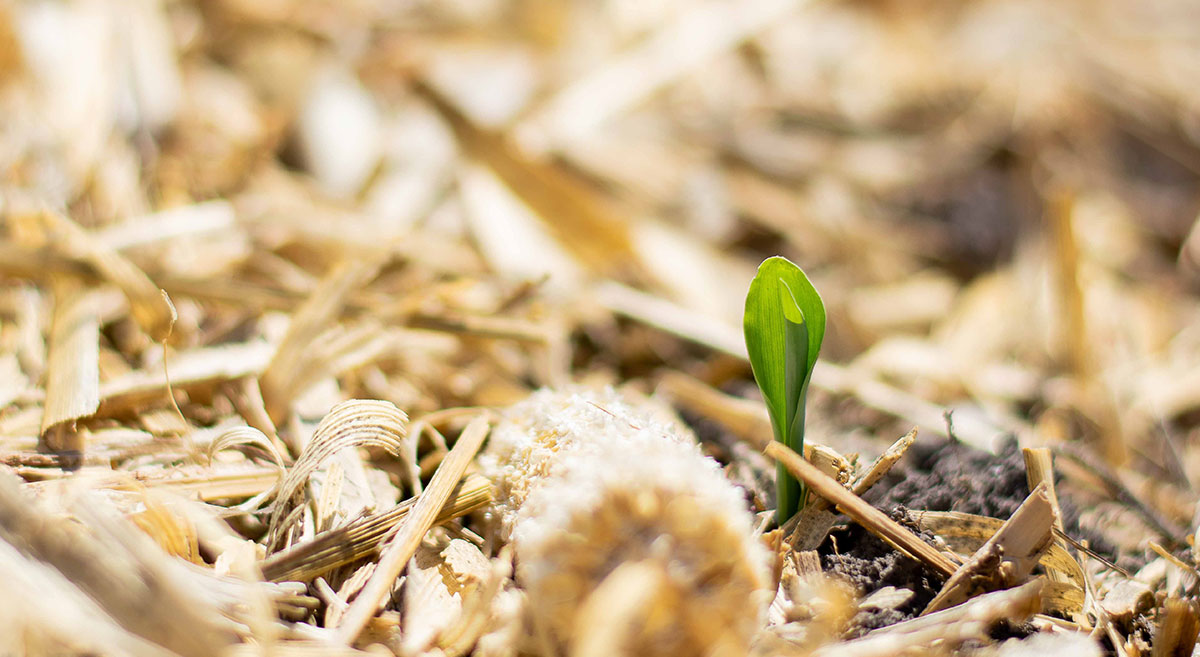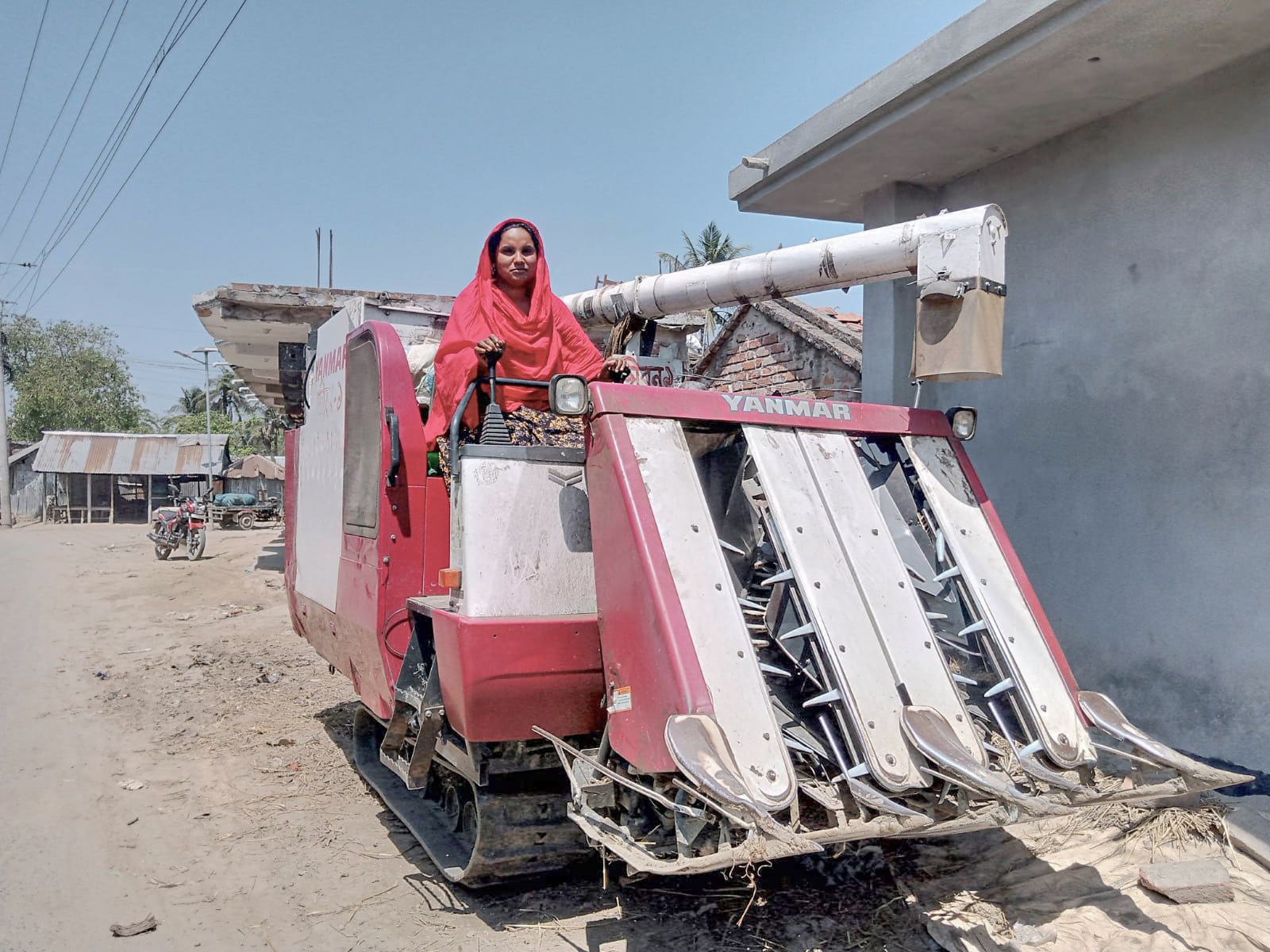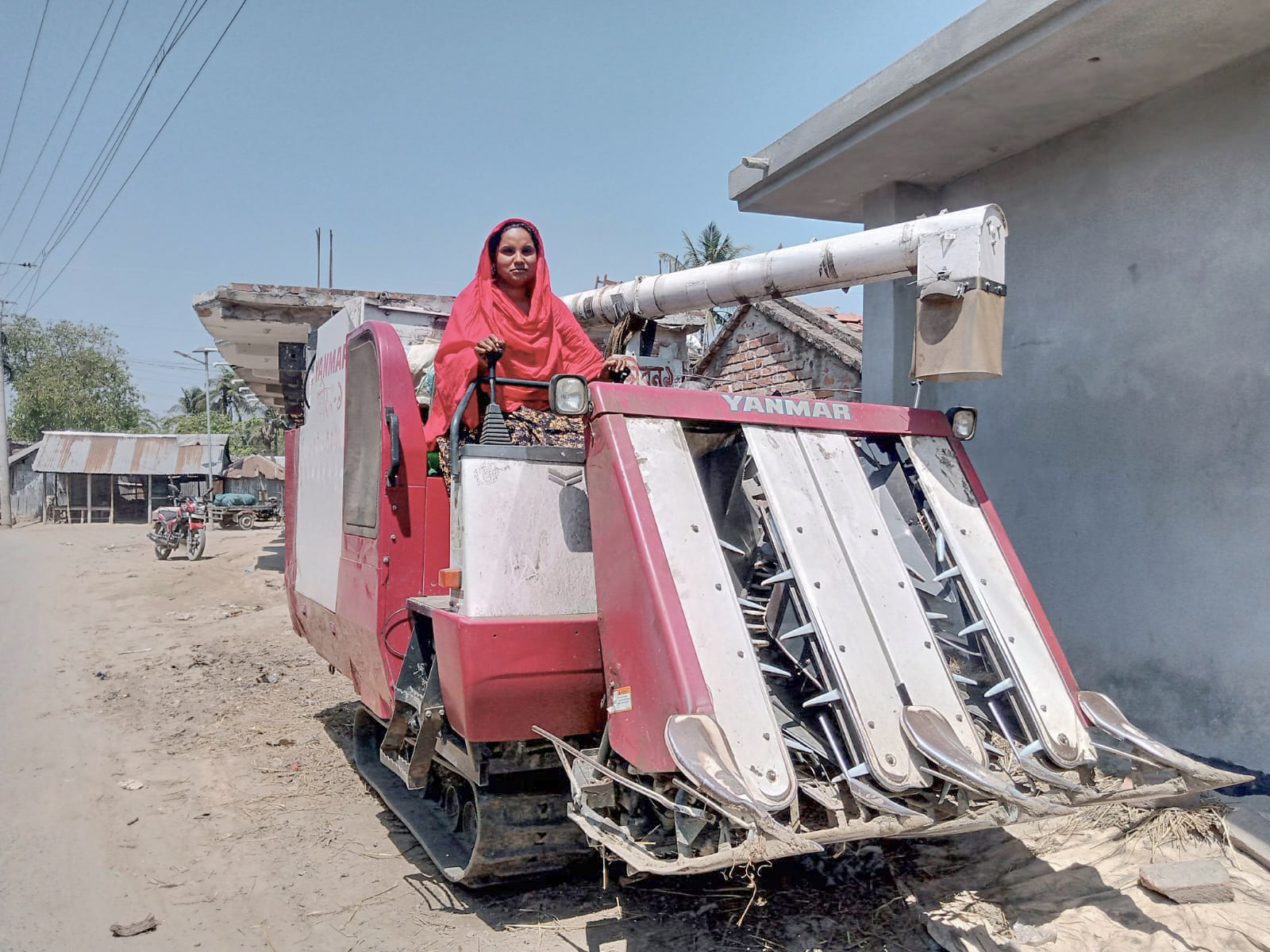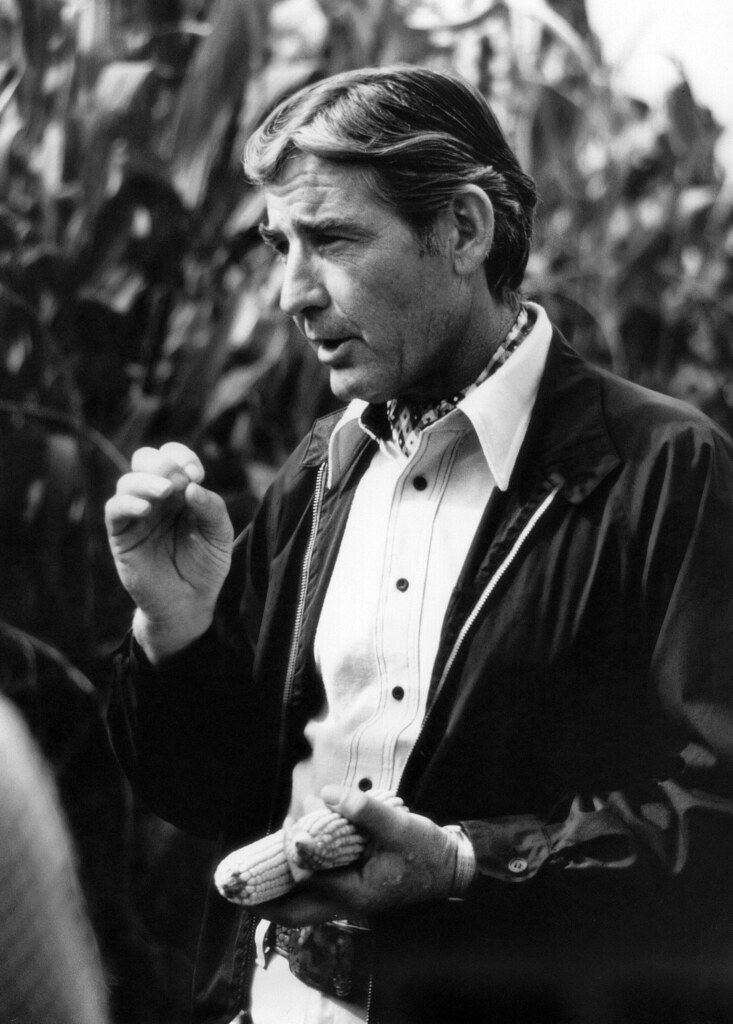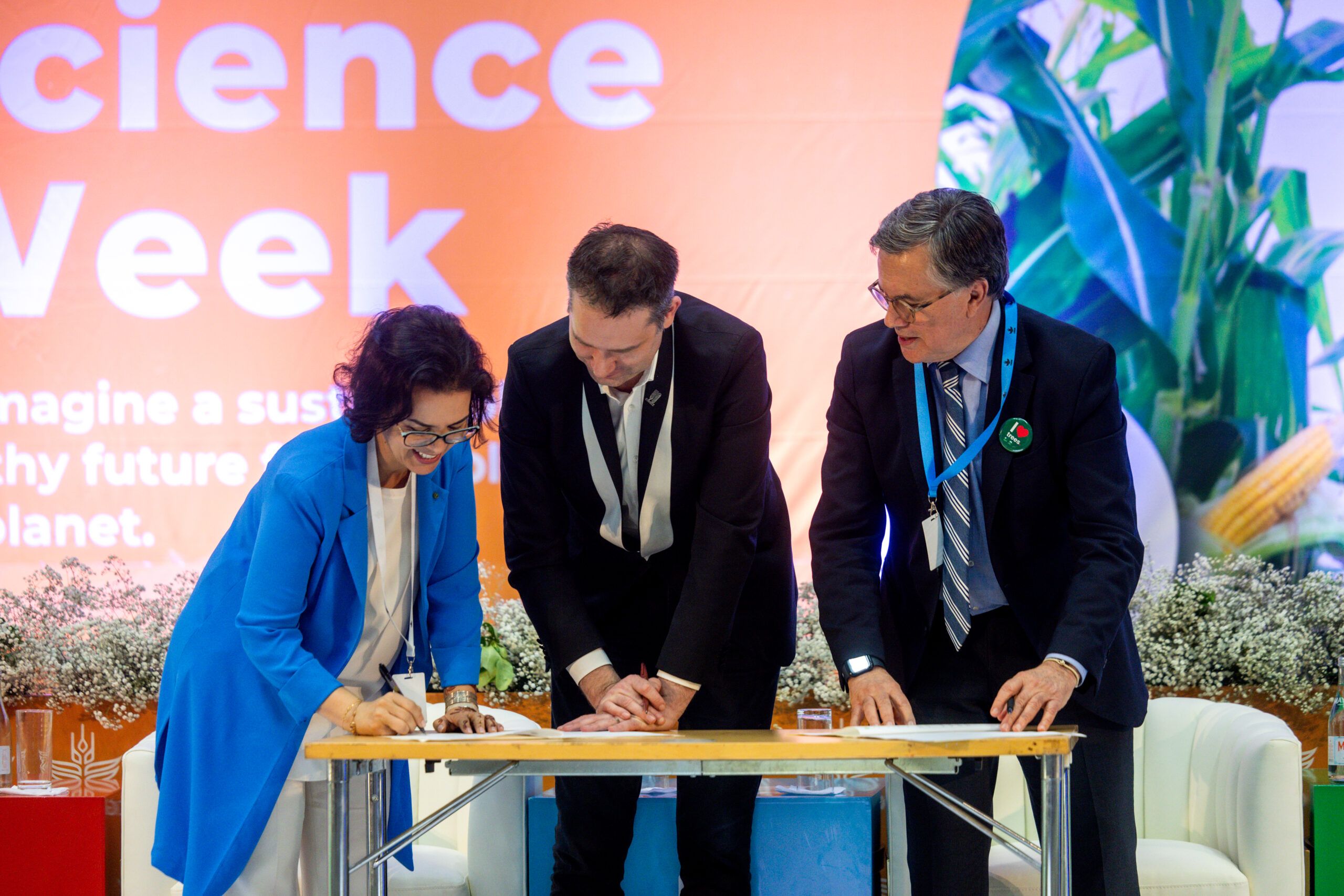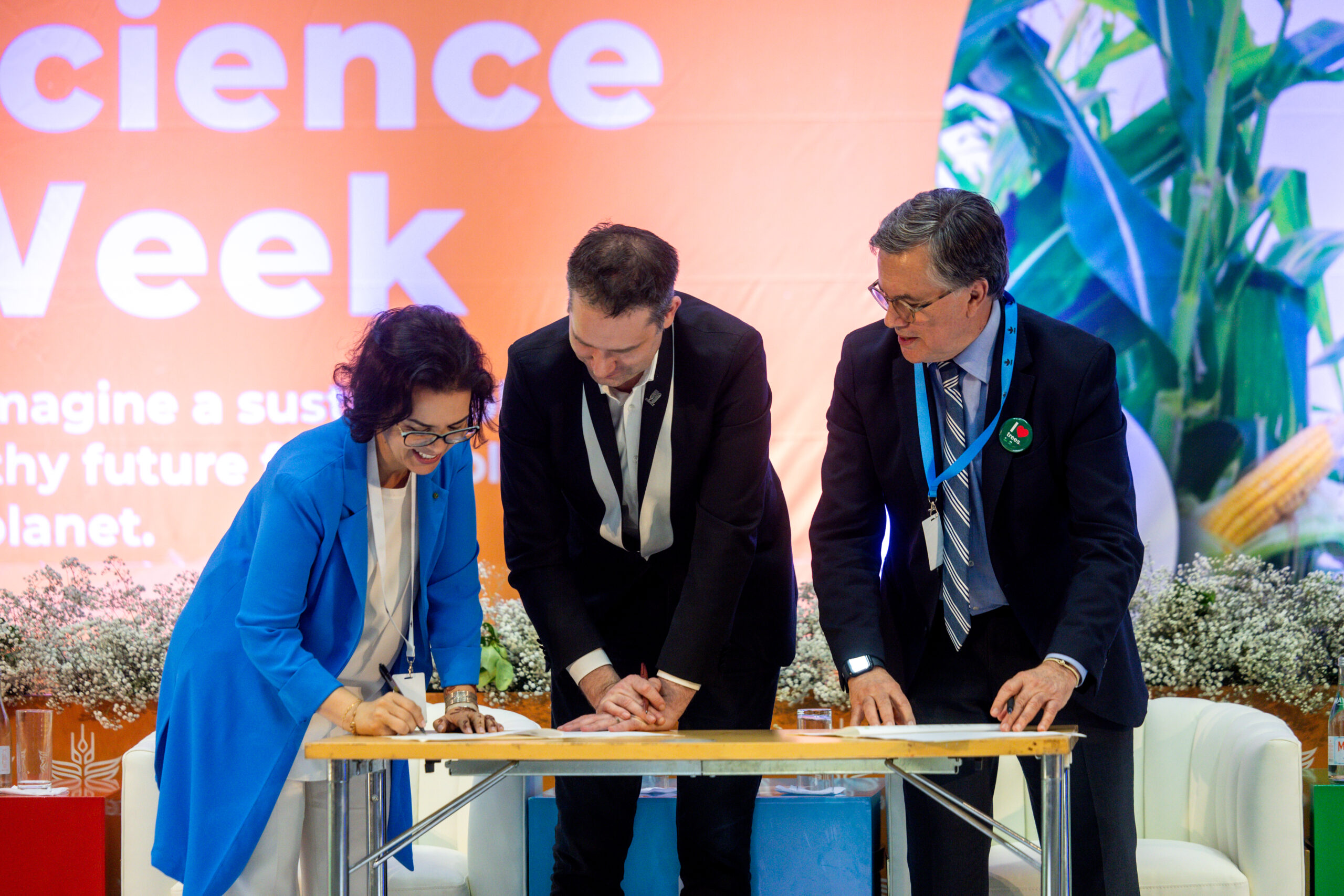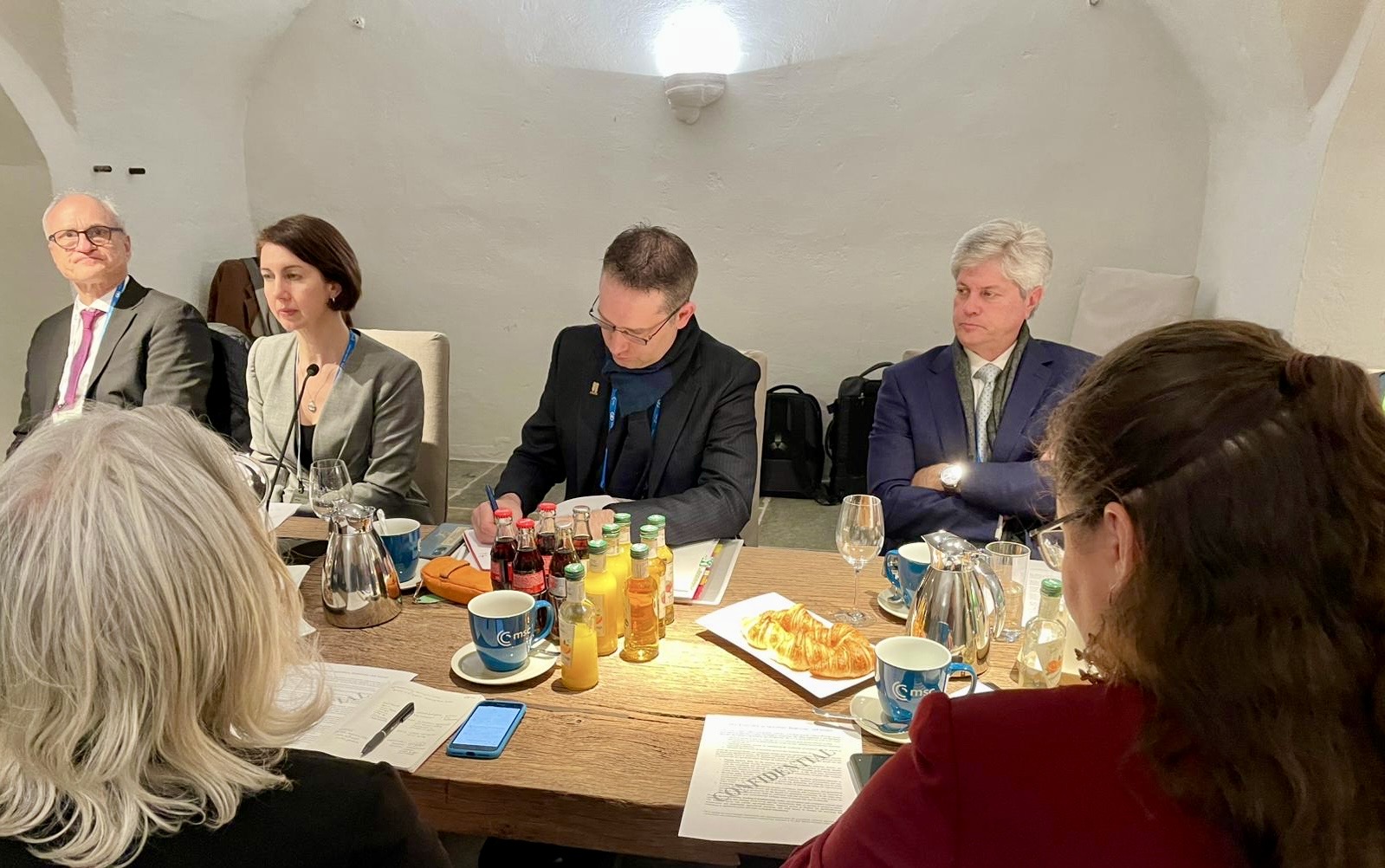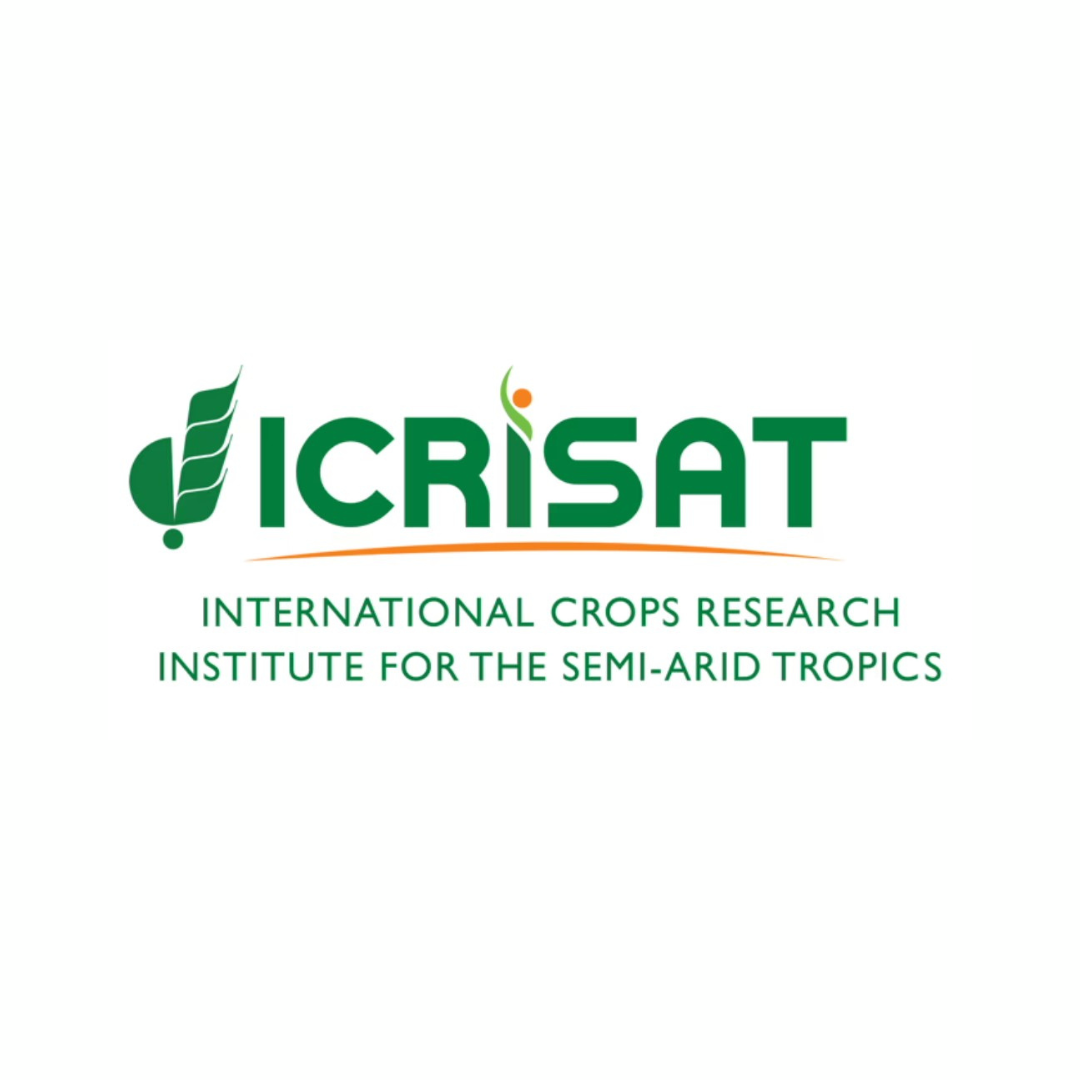In the heart of Africa’s farming landscape, the Zambia Agricultural Research Institute (ZARI) is setting a new standard for agricultural research and climate resilience, thanks to a critical subgrant from the Bill & Melinda Gates Foundation, facilitated by the Africa Dryland Crops Improvement Network (ADCIN).
Established in August 2023 and convened by CIMMYT’s Dryland Crops Program (DCP), ADCIN is a collaborative network uniting over 200 scientists from more than 17 countries across sub-Saharan Africa. Its mission is to create a dynamic and sustainable community to develop and deliver improved varieties of dryland crops in the region. By leveraging the collective expertise of its multidisciplinary members, ADCIN strives to accelerate the access of enhanced crop varieties to smallholder farmers.
Through this partnership, ZARI has modernized its facilities and practices, creating a model for agricultural innovation in Eastern and Southern Africa. These advancements reflect a powerful vision of enhancing the capacity of breeding programs, improving crop resilience, and boosting food security for communities across the continent.

The Challenges of Transformation
Historically, ZARI faced significant challenges that limited its potential. As Lloyd Mbulwe, Acting Chief Agriculture Research Officer at ZARI, recalls:
“We faced research-related hurdles, from outdated lab facilities and inefficient irrigation systems to limited digital infrastructure and insufficient seed storage.”
These issues hindered not only ZARI’s ability to innovate but also its capacity for collaboration with regional and international partners.
With limited resources, ZARI was unable to meet the demand for high-quality, consistent research and innovation. Data collection was often manual, errors were common, and collaboration was difficult. The lack of modern infrastructure restricted the scope of experiments and the institute’s ability to respond to critical regional issues such as climate change and food insecurity.
A New Era of Modernization and Strategic Partnerships
In partnership with ADCIN, ZARI has received targeted funding and technical support, enabling transformative upgrades across its infrastructure that are redefining its research capabilities.
“The upgrades have reshaped our research capabilities,” Mbulwe explains. “With new equipment, enhanced data management systems, and a suitable greenhouse, we’re conducting better plant breeding experiments that directly address the region’s target product profiles.”
In July 2023, CIMMYT’s Dryland Crops Program conducted breeding program assessments of ZARI’s Golden Valley location, where the national institute’s sorghum and millets breeding programs are being conducted. Mark Nas, CIMMYT’s Sorghum and Millets Breeder for Eastern and Southern Africa, describes ZARI’s program as, “a high-potential program composed of talented and dedicated researchers and technicians, but in need of significant infrastructure upgrades if they are to meaningfully contribute to the shared regional breeding pipelines.”
With a subaward granted to ZARI by the end of 2023, Mbulwe and his team quickly worked on implementing the suggested improvements from the program assessments. Key upgrades include a greenhouse facility for speed breeding and controlled drought research, allowing researchers to rapidly produce lines for regional trials, while evaluating regional materials for drought tolerance. Enhanced water storage and solar power installations now enable uninterrupted research, even during power outages, a frequent challenge in this region. Transitioning to Starlink internet has also strengthened ZARI’s capacity for regional and international collaboration, and real-time data delivery, bridging communication gaps and enabling seamless data sharing.
Boosting Capacity for Impact
The new facilities have transformed ZARI’s capacity for impactful research. Rapid generation advance techniques, where breeding populations are quickly advanced through successive selfing generations, allow ZARI researchers to conduct multiple plantings within a year—dramatically boosting progress in line development.
Additionally, the upgrades also enable off-season research through the ZAMGRO Project, which has expanded water storage capacity from 45 cubic meters to an impressive 3,600,000 cubic meters. With year-round breeding, farming and water management research are now possible, giving ZARI an edge in breeding programs.
Mbulwe shares how automated data collection systems and standardized procedures have further improved the precision and reproducibility of ZARI’s research. “Our teams are now equipped to produce high-quality data leading to actionable results,” he says. “These improvements ensure the quality of outcomes and make our processes more efficient.”
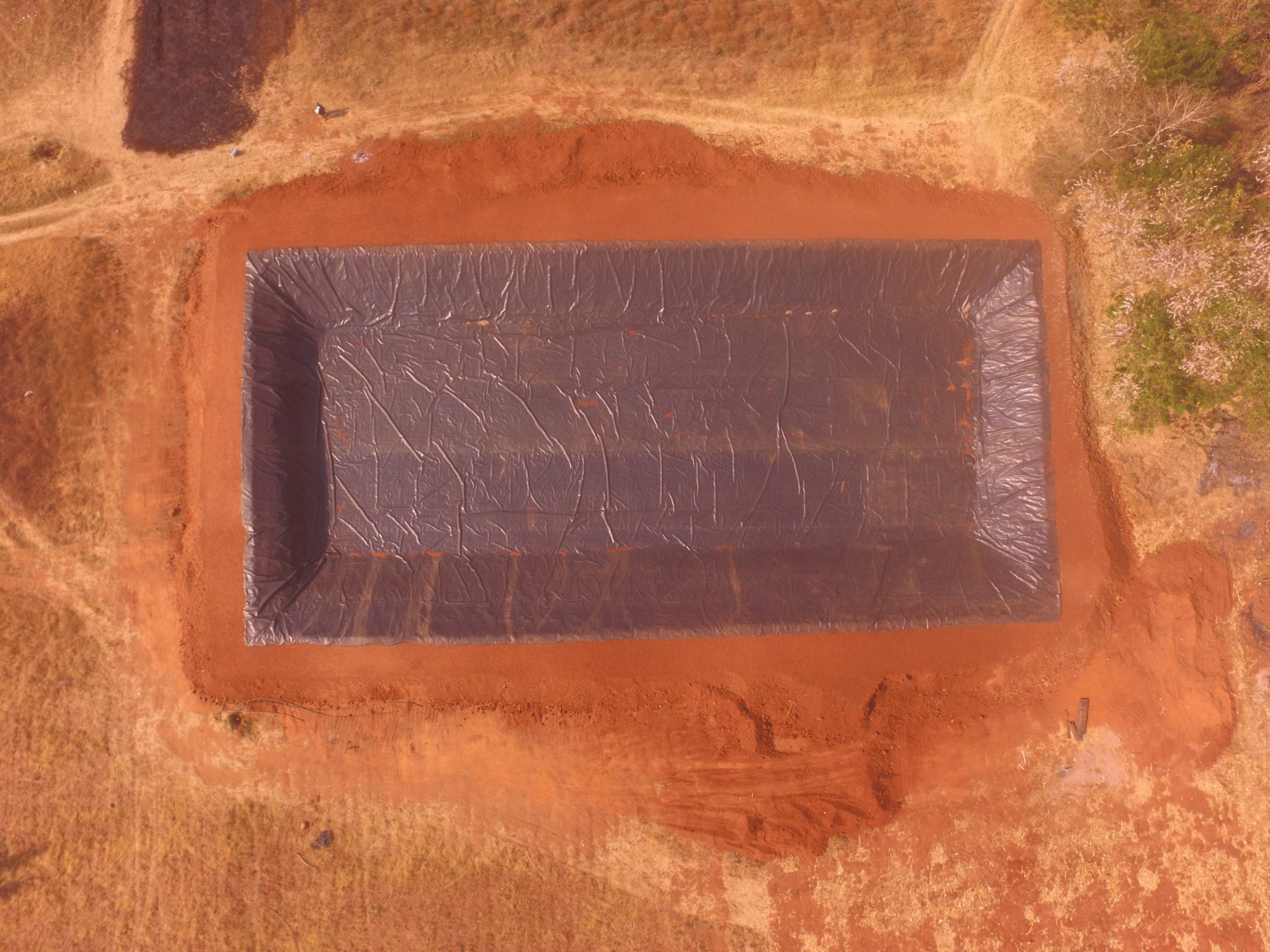
A Vision for the Future
Looking ahead, ZARI plans to scale its research impact by establishing a Center of Excellence for Climate-Smart Agriculture and establishing a biotechnology lab to advance genetic improvement. Expanding greenhouse and irrigation systems, as well as enhancing digital infrastructure for data management, are key priorities. ZARI also aims to strengthen public-private partnerships to bridge the gap between research and practical applications for farmers across Zambia and beyond.
Inspiration and Best Practices for Other NARES Institutions
ZARI’s success story serves as an inspirational blueprint for other National Agricultural Research and Extension Systems (NARES) institutions. Through strategic partnerships, targeted investments in infrastructure, and an emphasis on capacity building, ZARI has shown what is possible when organizations and their leaders commit to modernizing and adapting to the evolving challenges of agriculture.
From irrigation upgrades to energy-efficient, solar-powered facilities, ZARI’s best practices are setting the stage for similar projects in other regions. “We’ve demonstrated that modernization can make a profound difference in NARES breeding programs,” says Dr. Mbulwe. “It’s about leveraging every resource to upgrade our plant breeding capabilities to address the challenges that climate change and food security bring to our region.”
The Role of ADCIN in Agricultural Innovation
ADCIN has been instrumental in supporting this transformation. Through its technical assistance, funding, and strategic guidance, ADCIN has empowered ZARI and other NARES institutions to elevate research standards across Africa. By aligning investments with regional research priorities, ADCIN not only supports individual institutions but also strengthens agricultural networks on a continental scale. Harish Gandhi, Associate Director of CIMMYT’s Dryland Crops Program, states, “We are operating in a new and transformative model of working with our partners. We want our partners to be resourced to succeed.”
ADCIN’s efforts to enhance research capacity, foster collaboration, and improve governance have seen significant returns. “This partnership has made ZARI a stronger institution,” Mbulwe asserts. “Our research output, regional partnerships, and access to funding have all grown. ADCIN’s support reaffirms its commitment to advancing the excellence of regional breeding and other research in dryland crops across Africa.”
Take-Home Message
ZARI’s journey is a prime example of the power of strategic investment, collaboration, and a shared commitment to addressing climate and food security challenges by building the capacity of national programs through equitable subawards. As it continues to innovate, ZARI remains a symbol of progress for agricultural research across Sub-Saharan Africa. With support from ADCIN, ZARI’s advancements signal a brighter, more resilient future for African dryland crops agriculture—one rooted in science, collaboration, and the promise of food security for all.
